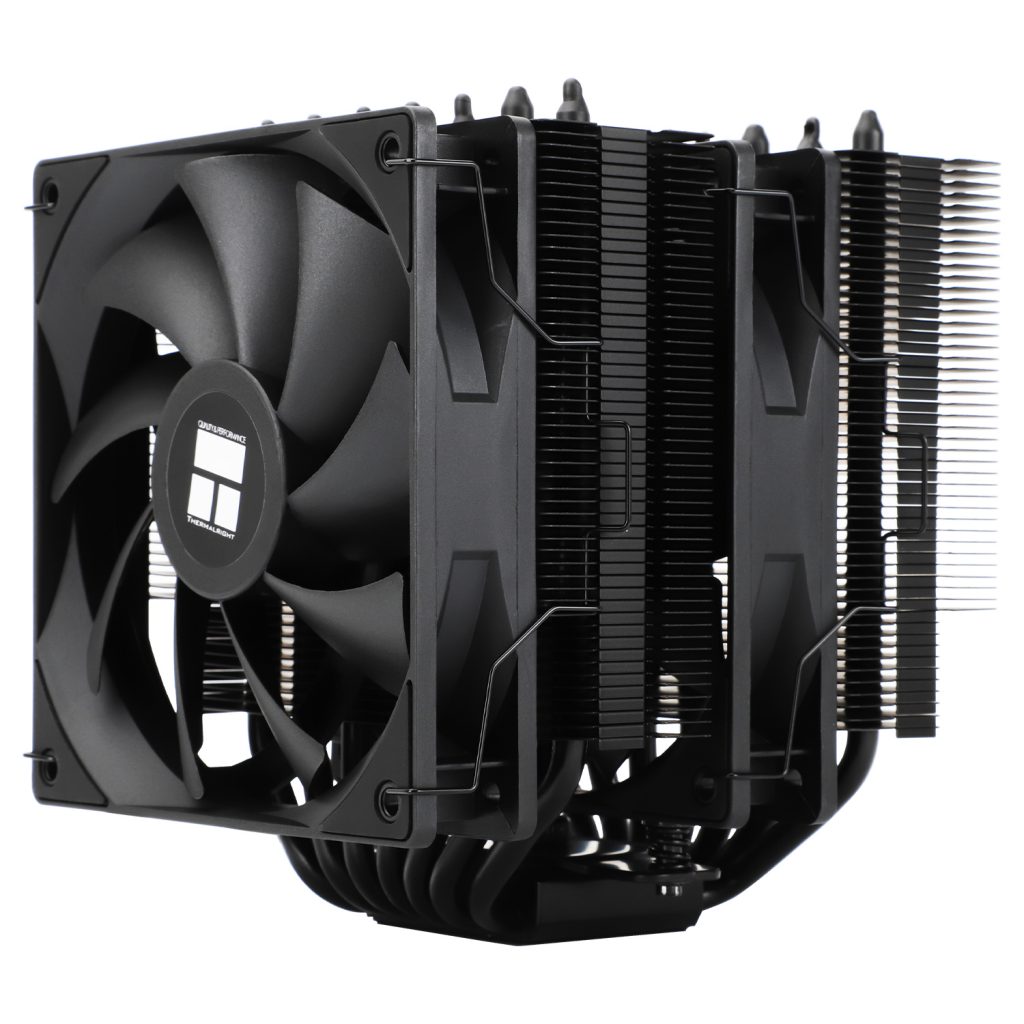So I have a build problem.
I want to put this:
My basket at OcUK:
In this Lian Li lancool 215 case
I was planning to use my Dark Rock Pro 5 air cooler but it wont fit so I'm looking for alternatives. The case will only take a 240/280 aio on top, but will mount it in front, but the case relies on 2 huge fans to suck air into the case from the front the radiator would block this or push hot air over the board. The rear of the case has just on 120mm fan and so wouldn't make much of an intake. So I can't put a 360 in had thought on something like this one:
[*] 1 x Arctic Liquid Freezer III ARGB High Performance CPU Water Cooler - 360mm (SKU: COO-ARC-01992) = £89.99
Someone has suggested I just go with this air cooler below which Tom's hardware highly recommend:
[*] 1 x Thermalright Phantom Spirit 120 SE Black CPU Air Cooler (SKU: COO-TLR-03291) = £33.95
So I just wanted to check, what do people think? Would a 240/280 aio priced at about £80 max do much better?
I don't intend to try to overclock the cpu, but knowing me I may anyway, but I really will be happy leaving it on stock as well.
Any final advice before I order?
I have one other alternative which would be to switch the mainboard for an matx, then the be quiet cooler will fit in my matx cube case. Though it could bizarrely also take a 360 aio radiator. I'm just so surprised I accidentally got a case with less room.
FYI the GPU (my new bottle neck) is a Saphire Radeon 6800 XT which may help asses how much heat there will be in the case. I went with a gen 4 nvme to reduce heat.
I want to put this:
My basket at OcUK:
- 1 x AMD Ryzen 7 9800X3D Eight Core 5.20GHz (Socket AM5) Processor - Retail (SKU: PRO-AMD-03517) = £479.99
- 1 x Corsair Vengeance 32GB EXPO (2X16GB) DDR5 PC5-48000C30 6000MHz Dual Channel (SKU: MEM-CRS-02786) = £89.99
- 1 x MSI MAG B850 TOMAHAWK MAX WIFI (AMD AM5) B850 ATX Motherboard (SKU: MOT-MSI-03993) = £234.99
- 1 x Crucial T500 1TB NVMe PCIe Gen4 M.2 Solid State Drive (SKU: STO-CRU-01089) = £73.99
In this Lian Li lancool 215 case
I was planning to use my Dark Rock Pro 5 air cooler but it wont fit so I'm looking for alternatives. The case will only take a 240/280 aio on top, but will mount it in front, but the case relies on 2 huge fans to suck air into the case from the front the radiator would block this or push hot air over the board. The rear of the case has just on 120mm fan and so wouldn't make much of an intake. So I can't put a 360 in had thought on something like this one:
[*] 1 x Arctic Liquid Freezer III ARGB High Performance CPU Water Cooler - 360mm (SKU: COO-ARC-01992) = £89.99
Someone has suggested I just go with this air cooler below which Tom's hardware highly recommend:
[*] 1 x Thermalright Phantom Spirit 120 SE Black CPU Air Cooler (SKU: COO-TLR-03291) = £33.95
So I just wanted to check, what do people think? Would a 240/280 aio priced at about £80 max do much better?
I don't intend to try to overclock the cpu, but knowing me I may anyway, but I really will be happy leaving it on stock as well.
Any final advice before I order?
I have one other alternative which would be to switch the mainboard for an matx, then the be quiet cooler will fit in my matx cube case. Though it could bizarrely also take a 360 aio radiator. I'm just so surprised I accidentally got a case with less room.
FYI the GPU (my new bottle neck) is a Saphire Radeon 6800 XT which may help asses how much heat there will be in the case. I went with a gen 4 nvme to reduce heat.
SAVE 7%
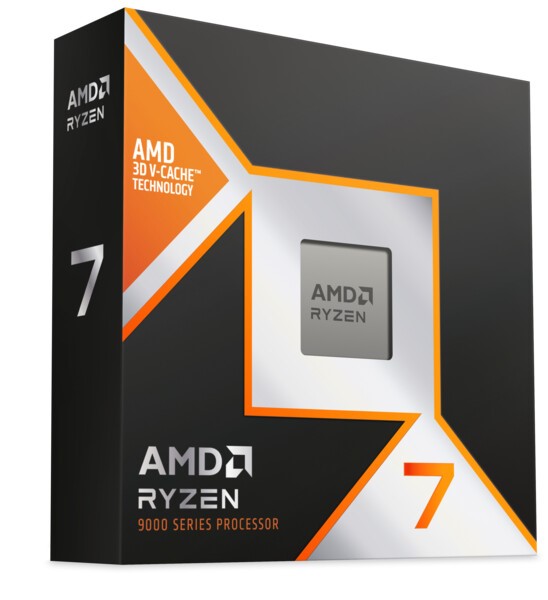
£540
(incl. VAT)
£500
(incl. VAT)
SAVE 20%
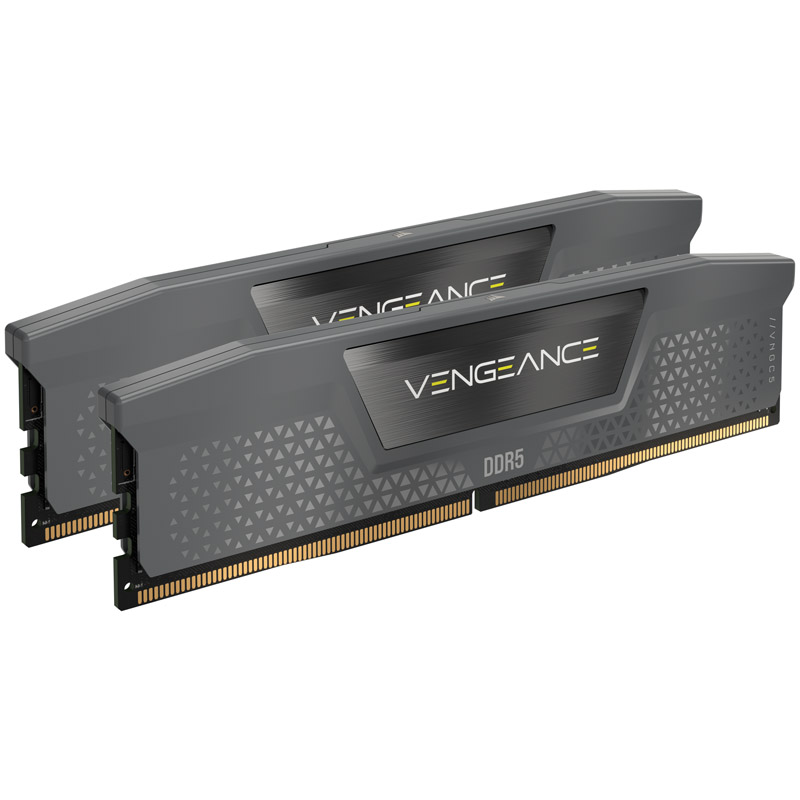
£113
(incl. VAT)
£90
(incl. VAT)
SAVE 6%
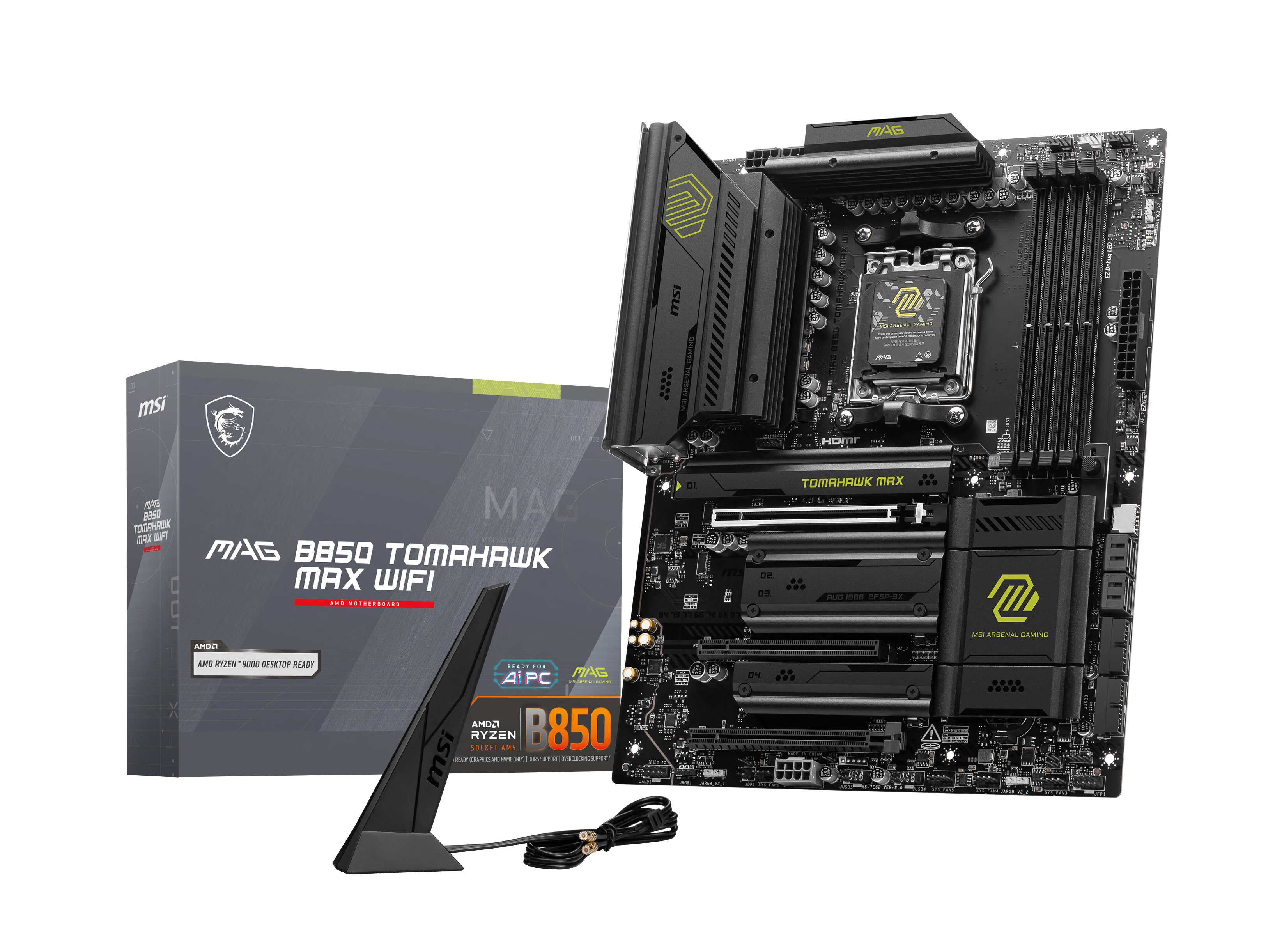
£250
(incl. VAT)
£235
(incl. VAT)
FREE DELIVERY
SAVE 38%
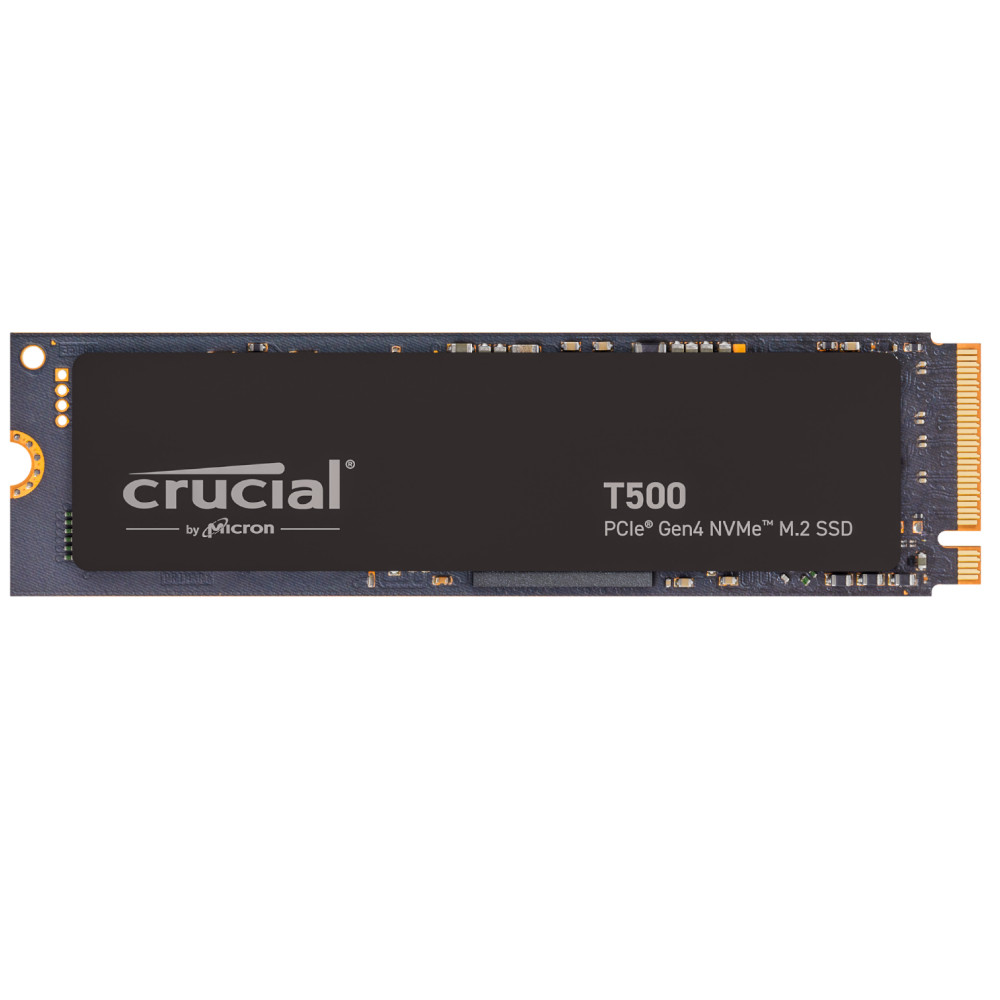
STO-CRU-01089
£120
(incl. VAT)
£74
(incl. VAT)
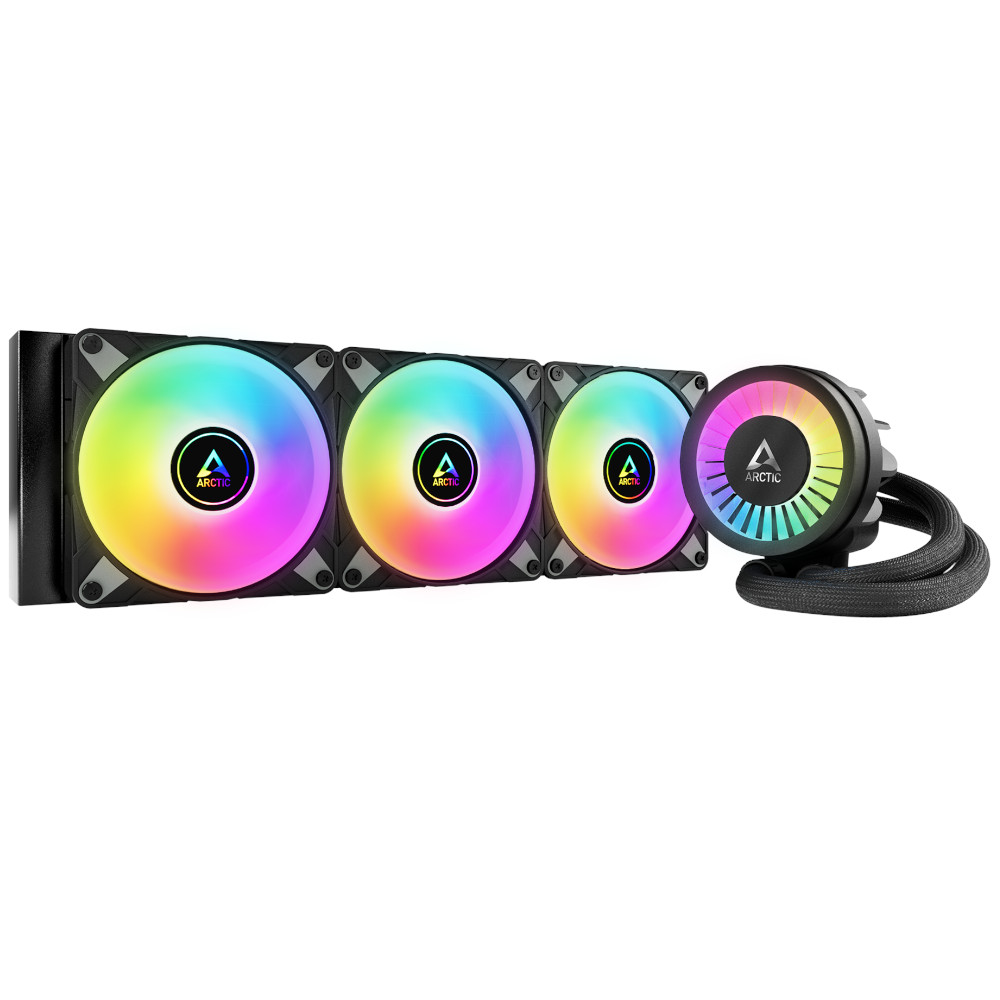
£90
(incl. VAT)
Last edited:


